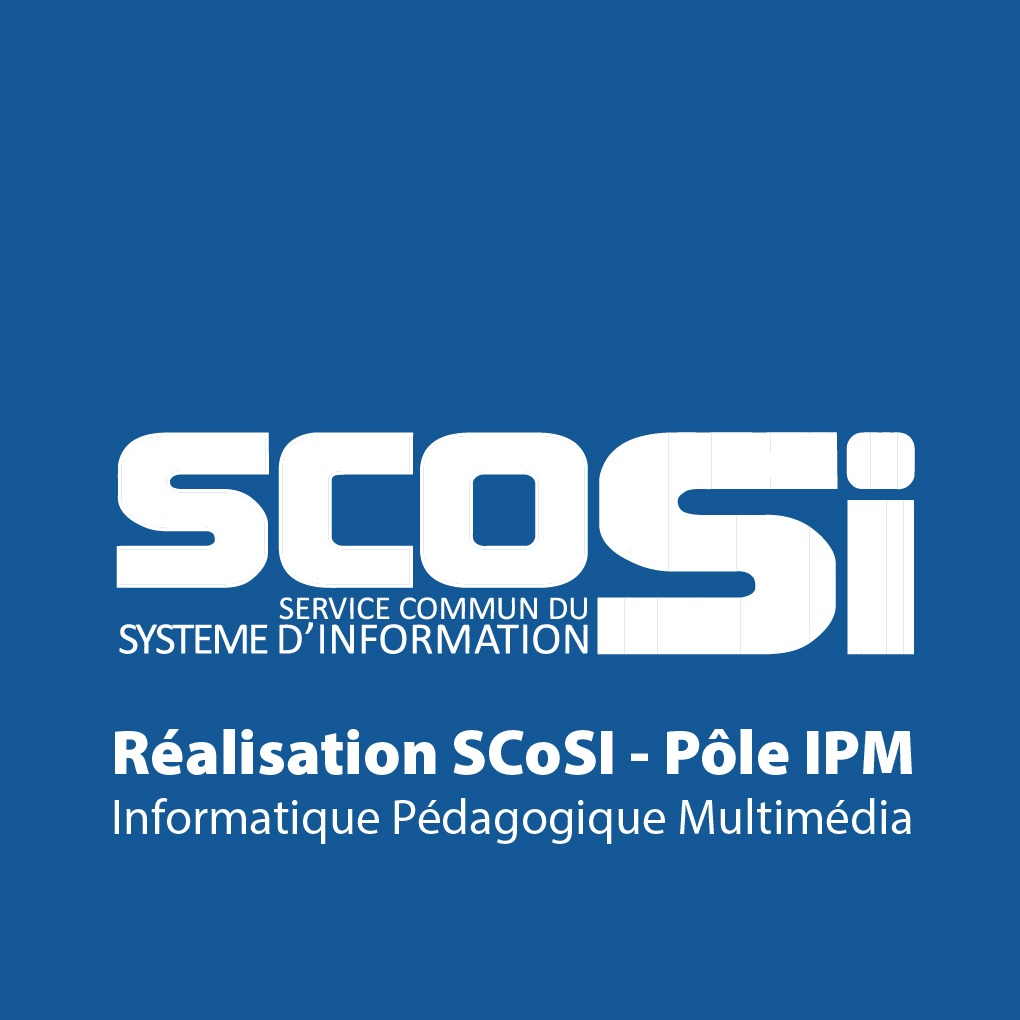Services as an “ecological engine” for the industry
The industrial sector has always been recognized as a generator of pollution. Since the 1970s, awareness about the global nature of the impact of corporate pollution has led governments to adopt new strategies/reflections. One of them, the circular economy, is based on the idea that a transformation of the industrial system is required to keep this economy compatible with the natural environment. The circular economy, which aims to increase the efficiency of the use of resources and to reduce the impact on the environment at all stages of the life cycle of products (goods and services) while developing the well-being of individuals (Ademe), is now well integrated into environmental public policies. The role of service activities, or service functions in this industrial transformation, remains relatively understudied in the literature. Yet service activities have always been an integral component of industrial systems. Since the 2000s, the professionalization and quality of services have further increased. Services are used to underpin the environmental approaches of industries and are at the heart of some new business models, such as the economy of functionality. Let’s take a look at the operational approaches described by the French Environment and Energy Management Agency (Ademe).
*Industrial ecology tries to reorganize the industrial system to make it compatible with the biosphere and sustainable. Although they are not often highlighted, (private, public or associative) service activities form an important part of this ecosystem. Beyond the traditional functions (transport, logistics, water or electricity supply), the service functions of consultancy (decision support), training (in waste recovery, new business models), coordination, as well as the structuring and support service functions provided by public authorities and the State, contribute to the profitability of these projects and reduce the difficulties faced by industrial ecology (technical, economic, but also informational, organizational and regulatory difficulties).
* In the economy of functionality approach (or a related concept, product-service systems), services do not necessarily help to reduce the difficulties encountered by industry, but rather to create new value. In this model, services replace the sale of goods, which favors a decrease in the consumption of raw materials and energy, and makes it possible to “renew the industry” by inserting the service logic into the modes of production and consumption.
* Eco-design concerns the first phase of the product’s life cycle. This phase of research helps to reduce the environmental pressure of goods, by reducing the materials, transport, and by facilitating the repair and recycling of goods. Eco-design requires the participation of many service functions within the company (such as design department, marketing department, purchasing department, production, quality department).
*The reflection on sustainable procurement can also include the consumption of services with the aim of extending the life of the product, or functional economy measures when the user prefers to satisfy a need by purchasing a service rather than a good.
*Consumers act on the loop of circular economy systems through two approaches: their sustainable consumption and the extension of the duration of use of their products. However, these individual initiatives require the intervention of activities or service functions to be effective (e.g. education, training, advice, repair, recycling).
* The recovery of products and industrial packaging (after-sales service, management of unsold goods), as well as recycling, involve service activities throughout the supply chain (e.g. collection services such as collectors and recyclers, transport-logistics services, resale services…).
The contribution of services is necessary for the smooth functioning of industrial ecosystems, and constitutes an “ecological engine” to industries: by organizing market relations, by mobilizing actors, service activities reduce transaction costs related to the implementation and operation of projects, whether they are industrial symbiosis projects, economy of functionality or any other circular economy approach. Public service activities also contribute to the production of value for these companies (through information, training, support and coordination functions). However, it is important to emphasize the heterogeneity of service activities: while the immateriality of services helps to reduce the impact of these activities on the environment, some service activities remain very material and polluting (such as transport services). Other more immaterial activities (for example, consulting firms) also have an impact on the environment insofar as their materiality increases over time (development of equipment and data centres related to the use of digital technology).
The circular economy needs to take into account all of these industrial and service parameters in these operational approaches in order to reduce the impact on the environment. The question of the spatial dimension and the reference territory of the circular economy is essential to the smooth functioning of the system. One of the challenges of the circular economy, especially in the Functionality Economy approach, is to respond to a global need including territorial issues (mobility, health, education, housing, etc.). This response is achieved by optimizing the proposed “goods-services” complex.
By Céline Merlin-Brogniart
More:
 |
Intégration des systèmes productifs et lien social
|



